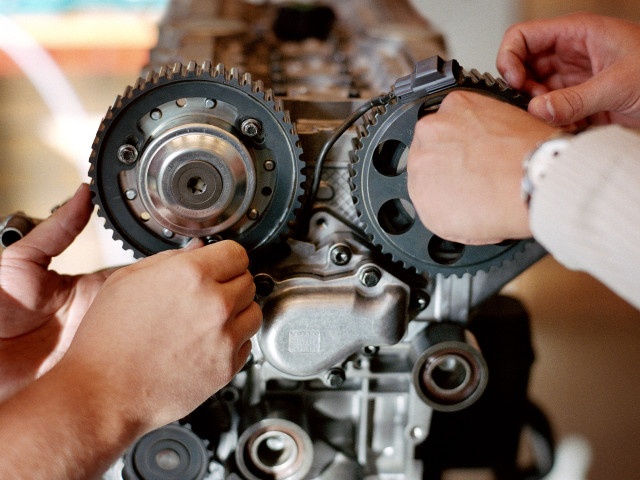The course is an introduction to the subject of mechanical engineering and to the Mechanical Engineering education programme at KTH.
The course gives a foundation and tools to carry out the education programme in a good way, and contains topic-specific intended learning outcomes, trains complementary skills and conveys knowledge and abilities related to study techniques and the programme.
After passing the course, the student should be able to:
1.Define basic concepts in mechanical engineering.
2.Carry out rough estimations in mechanical engineering.
3.Independently and in a structured way create CAD models.
4.Plan and organise a smaller product development project and reflect on group dynamics and roles in a project group.
5.Write and compile a short technical report and plan and carry out an oral presentation with technical contents.
6. Discuss and reflect on gender equality, equal treatment and diversity in a perspective relevant for students and professionals.
7.Discuss sustainable development in the subject area mechanical engineering from an introductory perspective.
